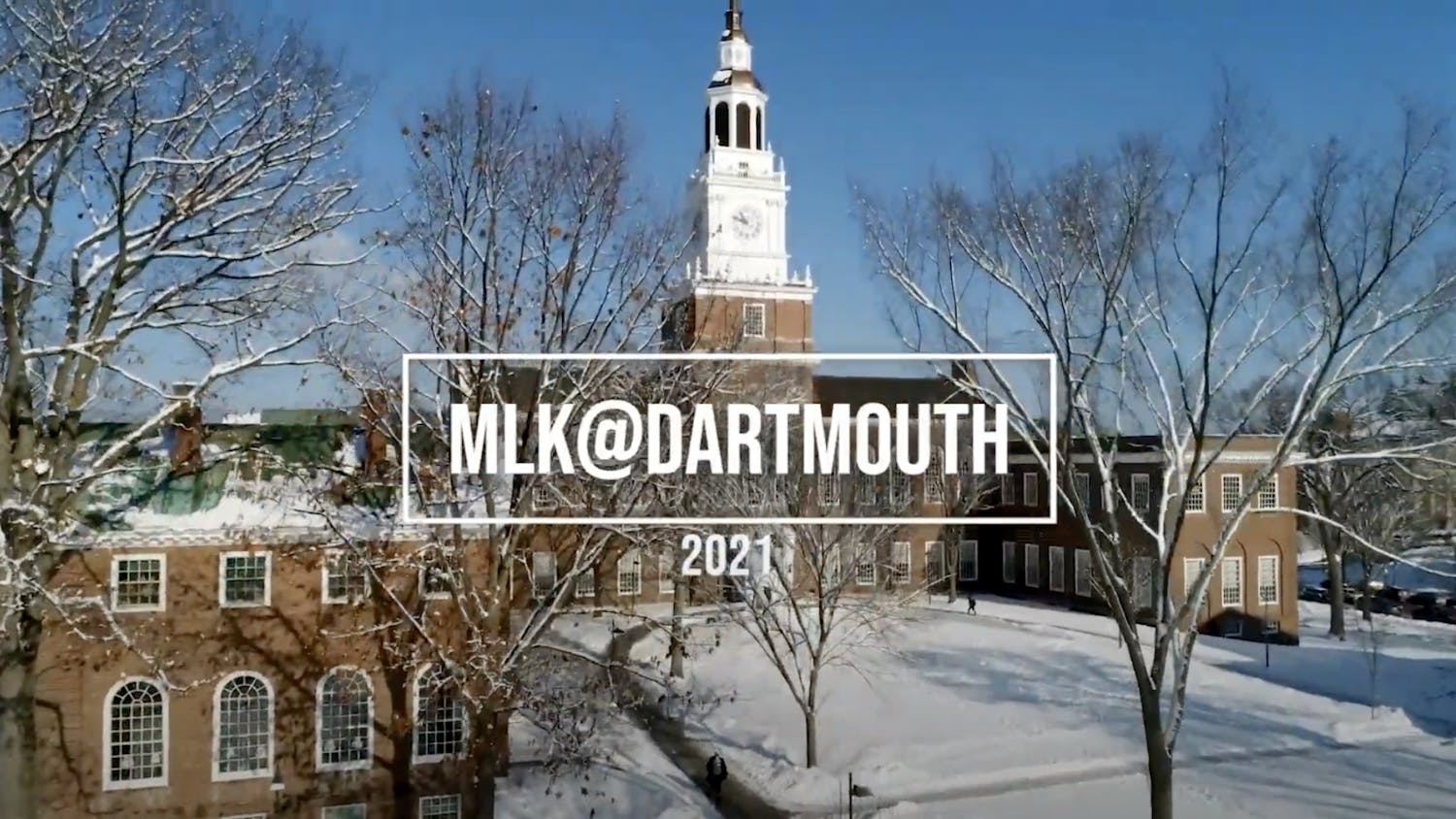In the wake of last year’s Black Lives Matter protests and ongoing calls for racial justice, Walt Cunningham, director of Dartmouth's Gospel Choir and Contemporary Pop Ensembles, launched “Artivism,” an organization based in the music department that sponsors and produces arts-related social justice projects run by students and faculty.
The initiative, which encourages collaboration from students and faculty members, has so far sponsored a Martin Luther King Jr. commemoration event, an a cappella showcase and several student-led performances.
“There was so much activist momentum with the Black Lives Matter movement before the pandemic,” said Felicia Swoope ’91, Artivism’s diversity, equity and inclusion strategist. “But once the pandemic hit and [became] our primary focus, our community was left really without a public voice — and we are hoping that our activism will be that voice.”
Swoope added that Artivism provides both virtual and in-person opportunities to engage with social justice issues for Dartmouth students and the larger Upper Valley community. While in-person opportunities are currently limited to connecting artists who want to collaborate on a project, recordings of their events — such as the a cappella showcase and student spotlights — are available to view on their website. According to Cunningham, Artivism hopes to occupy a physical office once the pandemic allows.
Since its launch in November, Artivism members have collaborated on projects including student performances, presentations and talks with different departments on campus — including music, film and media and African and African American studies — that, according to Swoope, would not naturally intersect. The organization also works with the Hopkins Center for the Arts, the Dartmouth Center for Social Impact and the Tucker Center.
Artivism associate director Bryan Robinson ’16 said that the initiative’s main goal is currently to raise awareness and motivate more students to showcase their work.
One way in which Cunningham hopes to accomplish this is by having his class, MUS 45.40, “Music and Social Justice,” work alongside Artivism and feature their projects on the platform.
When discussing the idea behind Artivism, Robinson stressed the importance of developing a platform that primarily targeted students and faculty members and utilized Cunningham’s skills.
“[Cunningham] had a skill set and a passion for the arts,” Robinson said. “He recognized this ability for the arts to impact individuals, to galvanize them and catalyze their passion and also their abilities to make their own changes in their communities.”
Swoope added that she is looking forward to promoting collaboration between the graduate and undergraduate student bodies. The initiative’s first strides toward this goal was “MLK, Activism and Spirituality,” a live discussion with both undergraduate and graduate students on race and identity.
Shania Smith ’23 is currently featured on the platform’s “Student Spotlight” section for her project titled “Where is the Love?” — a recorded performance of the song of the same name by The Black Eyed Peas. Saddened by widespread food insecurity stemming from rising unemployment and business closures amid the pandemic, Smith submitted her performance to Artivism as a way to raise awareness for both the issue and for organizations that are combating the problem.
“Musicians served the purpose of spreading positive energy during a time that is very politically and socially intense and divisive,” Smith said. “The song speaks a lot about societal issues that were existing in 2008 back when the song came out, but are in fact, more so now than ever, very visible in our current society.”
Smith, along with other students and musicians, felt the need to take action. She organized a GoFundMe for No Kid Hungry, a charity working to fight food insecurity in under-resourced American households.
Through her performance, Smith has been able to raise awareness for several organizations in addition to No Kid Hungry, such as the Children’s Grief Connection — which provides mental health services to children and their families during the pandemic — and the Equal Justice Initiative — a nonprofit organization focused on reforming the United States’ criminal justice system.
Smith emphasized the importance of having a space that serves both as a creative outlet for students and a medium for social change.
“I'm hoping that this platform continues to be a space for students to be authentic and have authority over the creative process,” she said.



